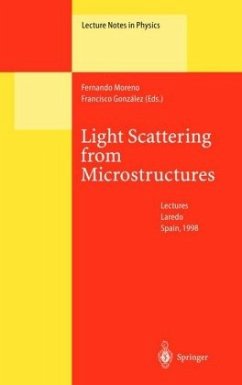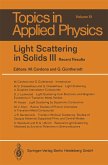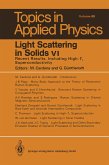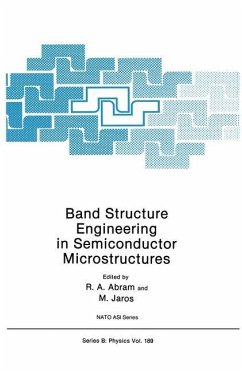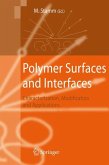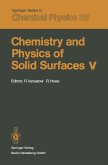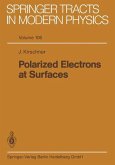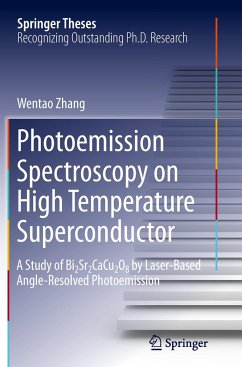The classical phenomenon of light scattering is one of the most studied t- ics in light-matter interaction and, even today, involves some controversial issues. A present focus of interest for many researchers is the possibility of obtaining information about microstructures, for example surface roughness, and the size, shape and optical properties of particles by means of a n- invasive technique such as the illumination of these objects with light. One of their main tasks is to extract the relevant information from a detailed study of the scattered radiation. This includes: measurement of the light intensity in di erent directions, analysis of its polarization, determination of its stat- tics,etc. Contributionstoresolvingthisproblemareimportantnotonlyfrom the point of view of increasing basic knowledge but also in their applications to several elds of industry and technology. Consider, for example, the pos- bility of distinguishing between di erent types of atmospheric contaminants, biological contaminants in our blood, the detection of microdefects in the manufacturing of semiconductors, magnetic discs and optical components, or the development of biological sensors. During the period September 11-13, 1998, we brought together a group of international experts on light scattering at the Summer School of Laredo at the University of Cantabria. In a series of one-hour lectures, they discussed currentaspectsoflightscatteringfrommicrostructureswithspecialemphasis on recent applications. The present book condenses those lectures into ve parts.
Bitte wählen Sie Ihr Anliegen aus.
Rechnungen
Retourenschein anfordern
Bestellstatus
Storno

